Boat ownership ontario – Boat ownership in Ontario offers a world of aquatic adventures and tranquility, but it also comes with responsibilities and costs. This comprehensive guide delves into everything you need to know about boat ownership in Ontario, from legal requirements to safety regulations, storage options, and more.
Boat Ownership Costs in Ontario
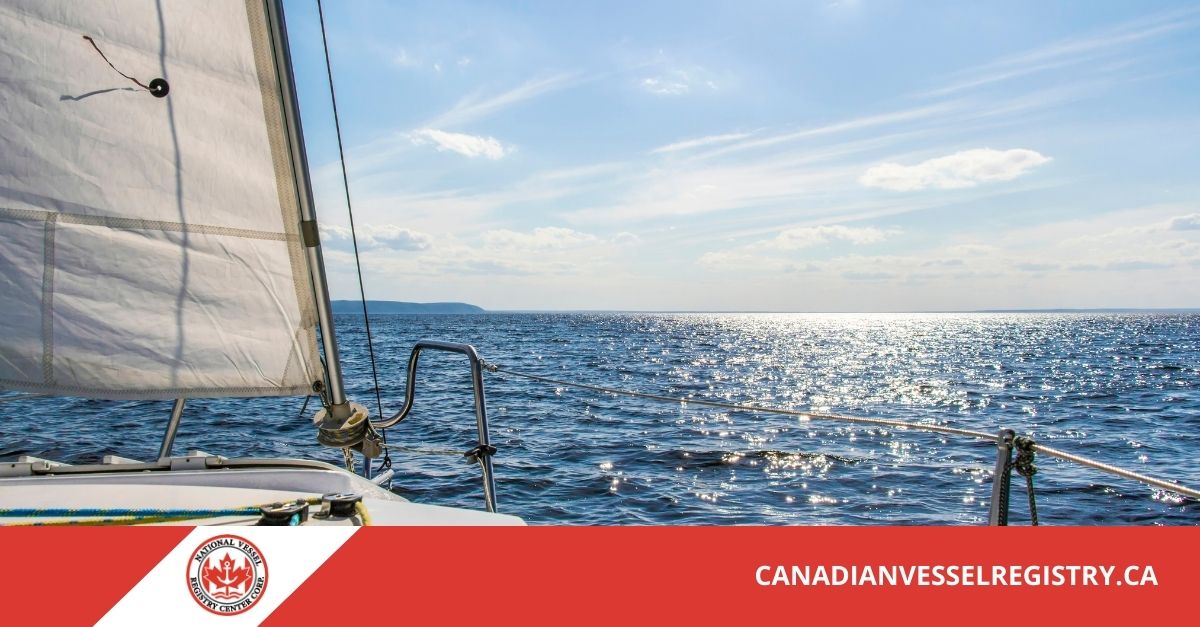
Owning a boat in Ontario comes with a variety of costs, from registration fees and insurance premiums to maintenance expenses. The total cost of boat ownership can vary significantly depending on the size and type of boat, as well as the frequency of use.
Registration Fees
Boat registration fees in Ontario are based on the length of the boat and the type of use. For example, a non-powered boat under 6 meters in length costs $39 to register, while a powered boat over 9 meters in length costs $117 to register.
Insurance Premiums
Boat insurance is not required by law in Ontario, but it is highly recommended. The cost of boat insurance will vary depending on the value of the boat, the type of coverage, and the boat owner’s driving record.
Maintenance Expenses
Maintenance expenses are another significant cost of boat ownership. These expenses can include regular maintenance, such as oil changes and tune-ups, as well as repairs. The cost of maintenance will vary depending on the age and condition of the boat.
Hidden Costs
In addition to the expected costs of boat ownership, there are also a number of potential hidden costs that boat owners may encounter. These costs can include:* Fuel costs:The cost of fuel can vary significantly depending on the size and type of boat, as well as the frequency of use.
Storage costs
If you do not have a place to store your boat on your property, you will need to pay for storage. The cost of storage will vary depending on the location and size of the storage facility.
Transportation costs
If you need to transport your boat to and from the water, you will need to pay for transportation costs. The cost of transportation will vary depending on the distance and the size of the boat.
Legal Requirements for Boat Ownership in Ontario
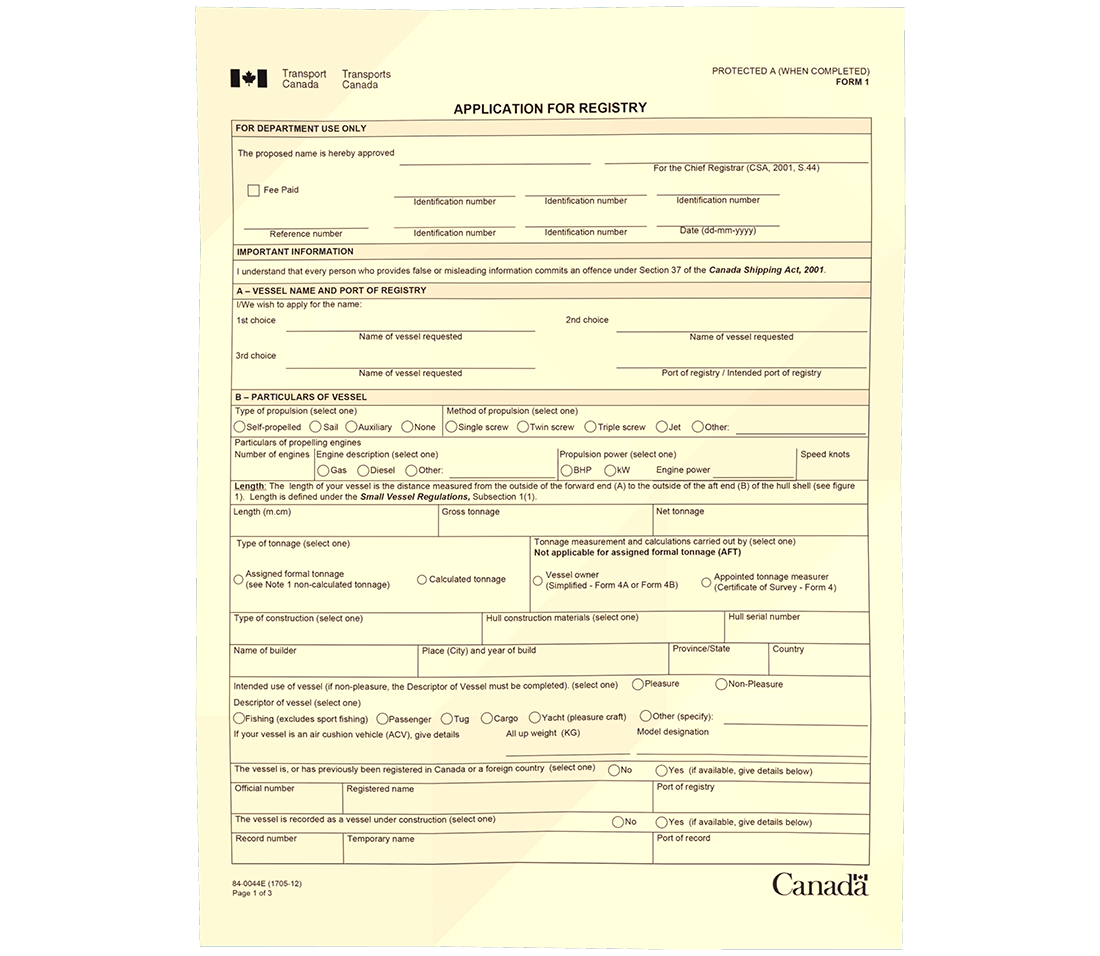
As a boat owner in Ontario, adhering to legal requirements is crucial for safe and responsible boating. These requirements encompass registration, licensing, and mandatory safety equipment.
Failure to comply with these regulations may result in penalties, including fines or even the seizure of your vessel. To ensure compliance, it’s essential to obtain the necessary documentation and permits from the appropriate authorities.
Boat Registration
All motorized boats operating in Ontario must be registered with the Ministry of Transportation (MTO). Registration provides a unique identification number for your boat, which must be displayed prominently on the vessel.
- The registration process involves submitting an application form, along with the required fees and proof of ownership.
- Registration is valid for one year and must be renewed annually.
Boating License, Boat ownership ontario
Individuals born after April 1, 1999, require a Pleasure Craft Operator Card (PCOC) to operate a motorized boat in Ontario.
- The PCOC is obtained by completing a boating safety course and passing a written exam.
- The card is valid for five years and must be renewed thereafter.
Safety Equipment
All boats in Ontario must carry specific safety equipment, including:
- Life jackets or personal flotation devices (PFDs) for each person on board
- A whistle or air horn
- A fire extinguisher
- Navigation lights (for boats operating at night)
Ensuring your boat meets these legal requirements is not only a legal obligation but also a matter of safety for you and your passengers. By adhering to these regulations, you contribute to responsible and enjoyable boating experiences on Ontario’s waterways.
Boat Storage Options in Ontario: Boat Ownership Ontario
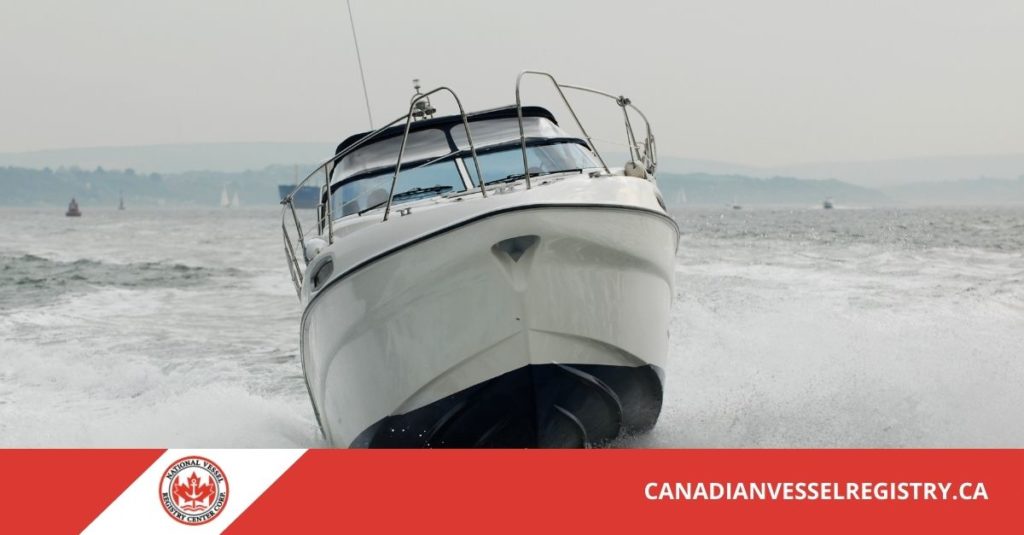
Storing a boat in Ontario requires careful consideration of the available options to ensure proper maintenance and protection. Ontario offers a range of boat storage options, each with its unique advantages and disadvantages. Understanding these options can help boat owners make an informed decision based on their individual needs and budget.
Dry Storage
Dry storage involves keeping the boat out of the water in a climate-controlled facility. This option offers the highest level of protection from the elements, preventing exposure to harsh weather conditions, UV rays, and potential damage from watercraft accidents. Dry storage facilities typically provide enclosed or covered spaces, protecting boats from dust, debris, and pests.
However, dry storage tends to be more expensive compared to other options.
Wet Storage
Wet storage involves keeping the boat in the water at a marina or designated boat slip. This option provides easy access to the boat for frequent use, eliminating the need for launching and retrieval each time. Wet storage marinas often offer additional amenities such as fuel, maintenance, and repairs, making it convenient for boat owners.
However, wet storage exposes the boat to constant water exposure, which can lead to hull fouling, corrosion, and potential marine growth. It is important to consider the frequency of boat use and the location of the marina when opting for wet storage.
Seasonal Storage
Seasonal storage is a cost-effective option for boat owners who only use their boats during specific seasons. This involves storing the boat on land, typically in an outdoor facility, during the off-season. Seasonal storage provides basic protection from the elements, but it is important to properly prepare the boat for storage to prevent damage from moisture, freezing, or pests.
This option is suitable for boats that are not used frequently and can withstand exposure to outdoor conditions.
Boating Safety in Ontario
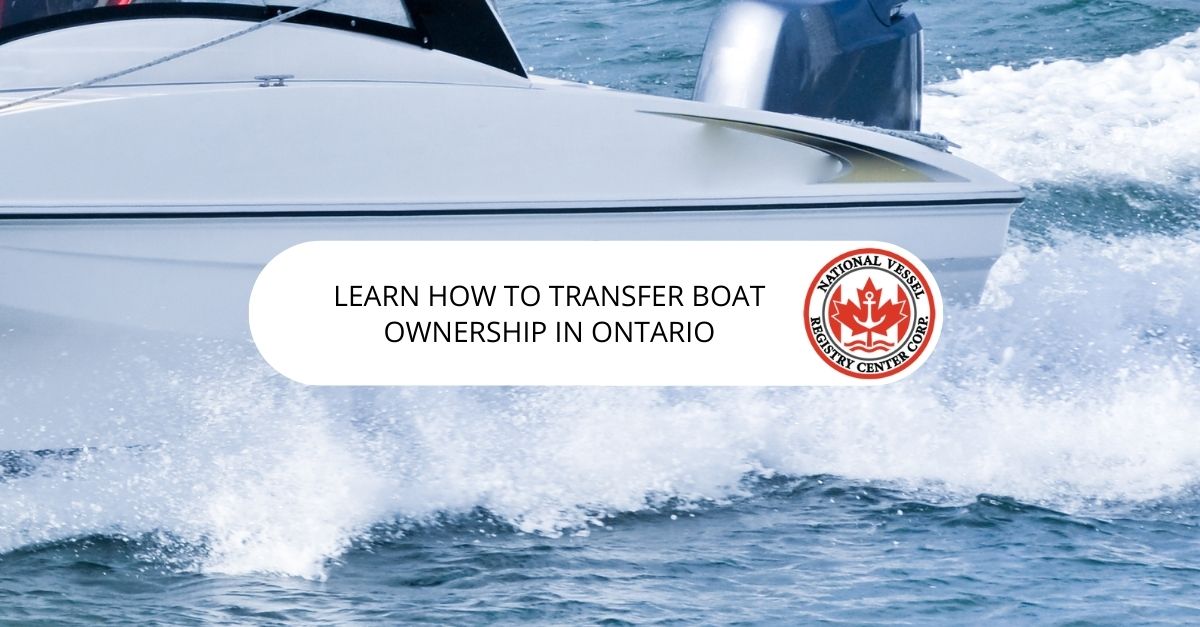
Boating is a popular recreational activity in Ontario, but it’s important to prioritize safety while enjoying the waterways. The province has implemented regulations and guidelines to ensure the well-being of boaters, and adherence to these measures is crucial.
Ontario’s boating regulations align with the federal guidelines established by Transport Canada. These regulations cover various aspects of boating safety, including:
- Boater education and licensing requirements
- Vessel registration and inspection
- Navigation rules and waterway safety
- Equipment requirements, including life jackets, fire extinguishers, and navigation lights
- Alcohol and drug use while boating
Life Jackets
Wearing a life jacket is one of the most important safety measures for boaters. In Ontario, it’s mandatory for all boaters to wear a life jacket or personal flotation device (PFD) while underway. Children under the age of 12 must wear a life jacket at all times when on a boat.
Navigation Rules
Following navigation rules is essential for avoiding collisions and ensuring the safety of boaters. These rules include:
- Maintaining a proper lookout
- Using appropriate lights and signals
- Staying within designated navigation channels
- Yielding to larger vessels
Weather Conditions
Boaters should always be aware of weather conditions before heading out on the water. Sudden changes in weather can create hazardous situations, so it’s important to check the forecast and be prepared for any potential changes.
Role of the Canadian Coast Guard and Other Organizations
The Canadian Coast Guard plays a vital role in promoting boating safety in Ontario. They provide:
- Search and rescue services
- Navigation aids and charts
- Boater education and training programs
Other organizations, such as the Ontario Provincial Police (OPP) and the Canadian Safe Boating Council, also contribute to boating safety in the province through enforcement, education, and awareness campaigns.
Boating Clubs and Associations in Ontario
Ontario offers a wide range of boating clubs and associations catering to the needs of boaters of all experience levels. Joining a boating club provides access to exclusive facilities, group outings, educational opportunities, and a community of like-minded individuals.
Benefits of Joining a Boating Club
* Exclusive facilities:Many boating clubs have private marinas, boat ramps, and other amenities that are only accessible to members.
Group outings
Clubs often organize group outings, such as fishing trips, cruises, and social events.
Educational opportunities
Some clubs offer educational programs, such as boating safety courses and workshops.
Community
Boating clubs provide a sense of community and camaraderie among members who share a common interest in boating.
Types of Boating Clubs in Ontario
There are various types of boating clubs in Ontario, each with its own focus and membership requirements. Some common types include:* General boating clubs:These clubs are open to all types of boaters and offer a range of amenities and activities.
Fishing clubs
These clubs are dedicated to fishing and often organize fishing tournaments and outings.
Sailing clubs
These clubs focus on sailing and offer sailing lessons, regattas, and other sailing-related activities.
Powerboat clubs
These clubs are geared towards powerboat enthusiasts and may organize races, poker runs, and other powerboating events.
Choosing a Boating Club
When choosing a boating club, consider your interests, experience level, and budget. Some factors to consider include:* Type of club:Determine what type of boating club best aligns with your interests.
Membership fees
Membership fees vary depending on the club and the level of membership.
Amenities
Consider the amenities offered by the club, such as a marina, boat ramps, and social facilities.
Activities
Find out what activities the club organizes, such as group outings, educational programs, and social events.
Location
Choose a club that is conveniently located for you.
Table of Boating Clubs in Ontario
The following table compares the membership fees, amenities, and activities offered by different boating clubs in Ontario:| Club | Membership Fee | Amenities | Activities ||—|—|—|—|| Ontario Boating Association | $50 | Member discounts, insurance, safety courses | Advocacy, education, events || Royal Canadian Yacht Club | $1,500 | Marina, clubhouse, dining room | Sailing lessons, regattas, social events || Toronto Powerboat Association | $200 | Boat ramps, member events | Races, poker runs, social gatherings || Lake Simcoe Sailing Club | $300 | Marina, sailing lessons, social events | Sailing races, regattas, cruises |
Boat Shows and Events in Ontario
Ontario hosts numerous boat shows and events throughout the year, offering enthusiasts opportunities to explore the latest marine products, attend educational seminars, and connect with fellow boaters. Here’s a calendar of upcoming events:
Toronto International Boat Show
- Location: Enercare Centre, Exhibition Place, Toronto
- Dates: January 19-29, 2024
- Highlights: North America’s largest indoor boat show, featuring over 1,000 boats, marine accessories, and services.
- Website: https://www.torontoboatshow.com/
Muskoka Boat & Cottage Show
- Location: Deerhurst Resort, Huntsville
- Dates: April 28-30, 2023
- Highlights: Focuses on boats, cottages, and outdoor living, showcasing products and services for cottage owners and boaters.
- Website: https://www.muskokaboatshow.com/
Georgian Bay Boat Show
- Location: Midland Cultural Centre, Midland
- Dates: June 2-4, 2023
- Highlights: Showcases boats, marine equipment, and services for boaters in the Georgian Bay region.
- Website: https://www.georgianbayboatshow.com/
Kingston Power Boat Weekend
- Location: Kingston, Ontario
- Dates: August 18-20, 2023
- Highlights: A weekend-long celebration of power boating, featuring races, demonstrations, and a boat show.
- Website: https://www.kingstonpowerboatweekend.com/
Ottawa Boat Show
- Location: EY Centre, Ottawa
- Dates: September 15-17, 2023
- Highlights: Features a wide range of boats, marine accessories, and services for boaters in the Ottawa region.
- Website: https://www.ottawabaoatshow.com/
These events provide excellent opportunities to learn about the latest boat models, meet industry experts, and connect with other boat enthusiasts in Ontario.
Fishing Regulations in Ontario
Ontario has a diverse range of aquatic ecosystems, from vast lakes and rivers to smaller ponds and streams, supporting a wide variety of fish species. To ensure the sustainability of these fisheries and protect fish populations, the Ontario government has established comprehensive fishing regulations.
These regulations cover various aspects of recreational fishing, including license requirements, catch limits, and closed seasons. Adhering to these regulations is crucial for the conservation of fish populations and the maintenance of a healthy aquatic ecosystem.
License Requirements
To fish in Ontario, anglers must obtain a valid fishing license. Licenses are available for residents and non-residents and can be purchased online or at authorized vendors. The type of license required depends on the specific fishing activities and the location where fishing will occur.
Catch Limits
Ontario’s fishing regulations include catch limits for various fish species. These limits are designed to prevent overfishing and ensure the sustainability of fish populations. Anglers must adhere to the catch limits specified for the species they are targeting.
Closed Seasons
Closed seasons are periods during which fishing for specific species is prohibited. These seasons are typically implemented during spawning or other critical life stages to protect fish populations and allow them to recover. Anglers must be aware of the closed seasons for the species they intend to fish and refrain from fishing during these periods.
Responsible Fishing Practices
In addition to following the established regulations, anglers are encouraged to practice responsible fishing. This includes using barbless hooks, releasing undersized fish, and minimizing disturbance to fish habitats. By adopting ethical angling practices, anglers can help preserve Ontario’s fisheries for future generations.
Concluding Remarks
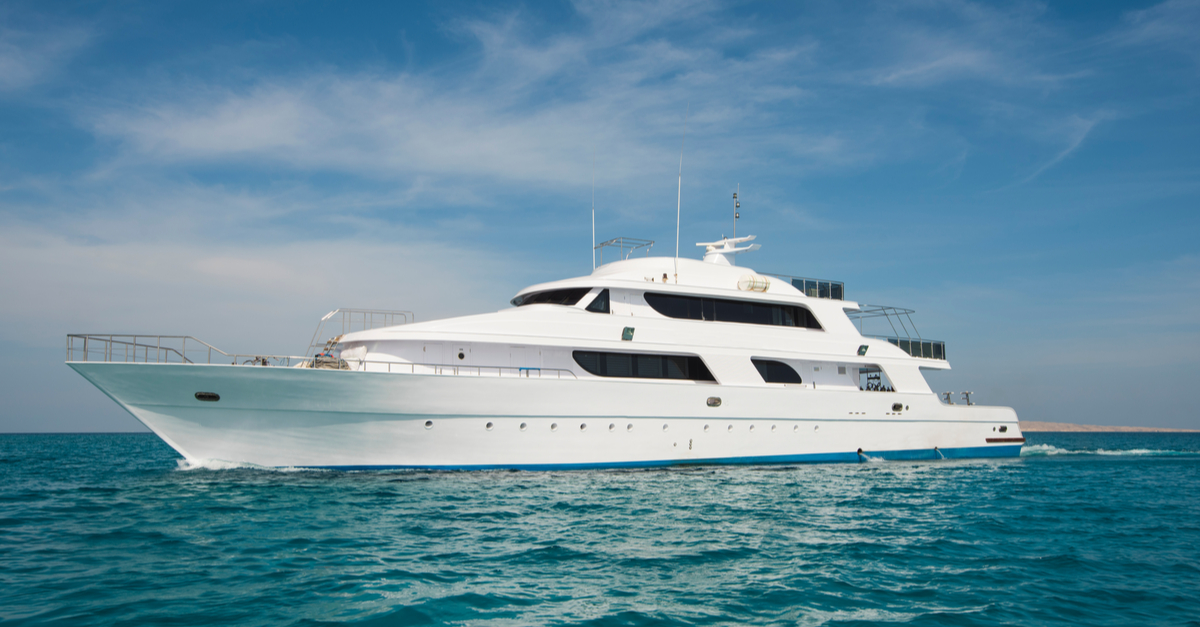
Whether you’re an experienced boater or just starting out, this guide will provide you with the knowledge and resources you need to make informed decisions about boat ownership in Ontario. So, set sail and embrace the joys of boating in the beautiful province of Ontario!
FAQ Explained
What are the legal requirements for boat ownership in Ontario?
All boats in Ontario must be registered and have a valid license. You must also carry safety equipment such as life jackets, a whistle, and a fire extinguisher.
What are the different types of boat storage options available in Ontario?
There are three main types of boat storage options in Ontario: dry storage, wet storage, and seasonal storage. Dry storage involves storing your boat in a climate-controlled facility, while wet storage involves storing your boat in the water. Seasonal storage is typically only available during the winter months.
What are the fishing regulations in Ontario?
Ontario has a variety of fishing regulations in place to protect fish populations and maintain a healthy ecosystem. These regulations include license requirements, catch limits, and closed seasons.
